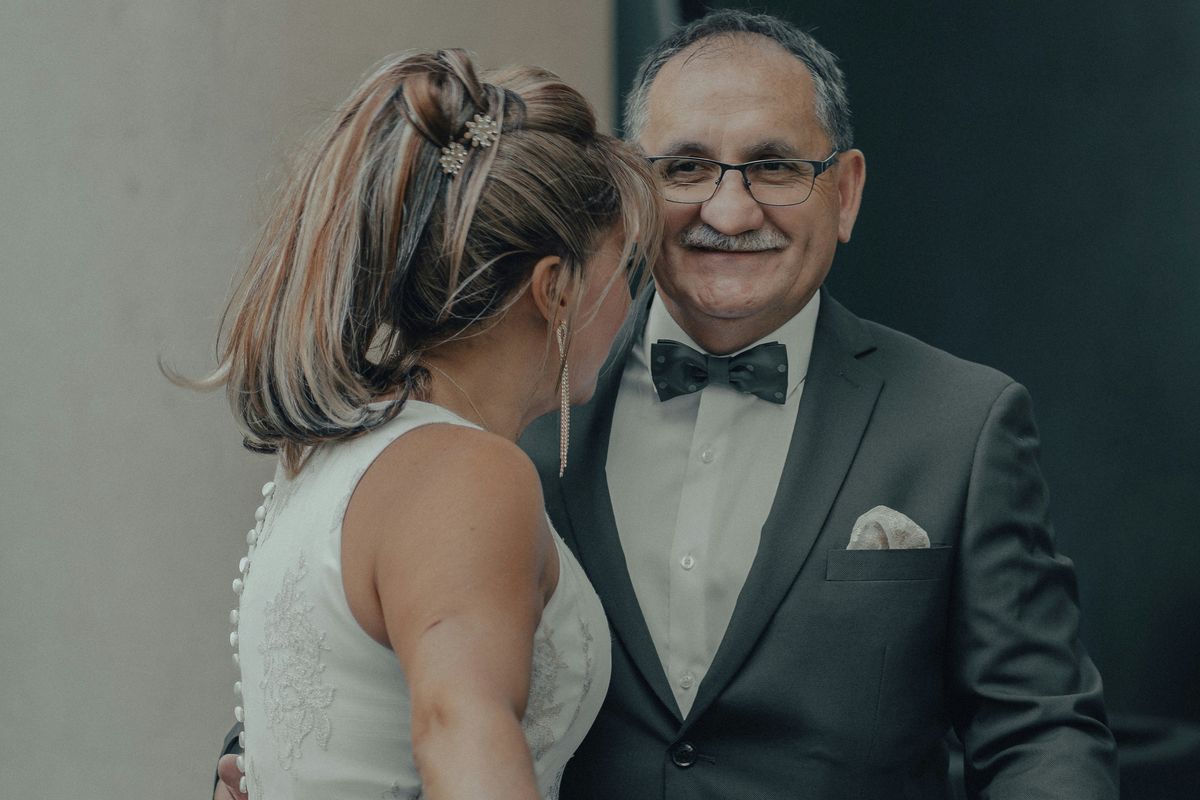Woman shares sweet exchange with 92-year-old grandpa who invited her over for 'sleepover'
“We can order food and watch a mystery show. Love, grandpa.”
Loneliness is one of the most dangerous health problems in the United States, although it’s seldom discussed. Psychology Today says loneliness has the same mortality risks as obesity, smoking, alcoholism and physical inactivity.
A meta-analysis from Brigham Young University found that social isolation may increase the risk of premature death by up to 50%. The problem with loneliness is that people suffer in silence and it afflicts the ones we don’t see.
A TikTok user who goes by the name Megan Elizabeth recently shared a touching story on social media about how her grandfather was feeling lonely so he reached out to her.
The story shows what can happen when one person is brave enough to confront their social isolation and the important role grandkids can play in their grandparents’ lives.
It started when Megan's grandpa texted her to ask if she'd like to come over for a sleepover. “I haven’t been feeling well and miss you. We can order food and watch a mystery show. Love, grandpa,” he wrote.
Megan was happy to go see him, so grandpa made a series of requests to make the sleepover a hit.
“Could you pick up applesauce? The cinnamon kind,” he asked. “And if you go somewhere with mash potatoes, I would like that because I have no teeth and can only eat soft things. Ha!”
He also wanted some strawberry ice cream for dessert. “Thank you. You are my favorite granddaughter,” he ended the conversation. Megan later noted that she’s his only granddaughter.
Megan came by with a big bag of food and some ice cream and the two hung out and watched his favorite black-and-white “mystery movies.”
When it was time for bed, grandpa hadn't forgotten how to put her to sleep. He got her a glass of water to put by the bed in case she got thirsty and left a flashlight on the nightstand just in case his 29-year-old granddaughter got scared.
The next morning, at 5:30 am, he watched her leave for work.
Grandfather and granddaughter grew up close to one another.
Megan lived with her grandparents when she was young while her parents saved up money for a house. When they bought one, it was right across the street.
“I am so lucky to have grown up with my grandpa and my grandma (rest in peace),” she wrote on Instagram. “I feel so happy. I am thankful for my grandpa and he will never understand how much love he truly has shown me. And more importantly, the love he showed my grandma while she was alive. I believe in love and loyalty because of this man. He is my hero,” she added.
Megan's time with her grandfather made her realize a valuable lesson about her life.
"I think one of the most important realizations I have had recently is that it’s important to live in the moment but it is important to live in the now with intent," she wrote on Instagram, "so that when you are 92, you look back and smile at all the people you loved, the memories you made and the life you chose to live."
This article originally appeared on 04.27.22

